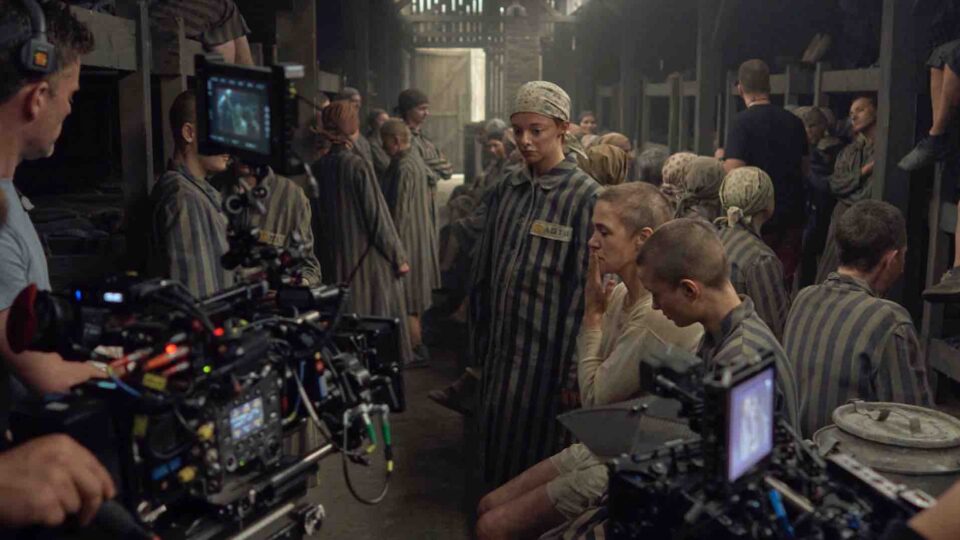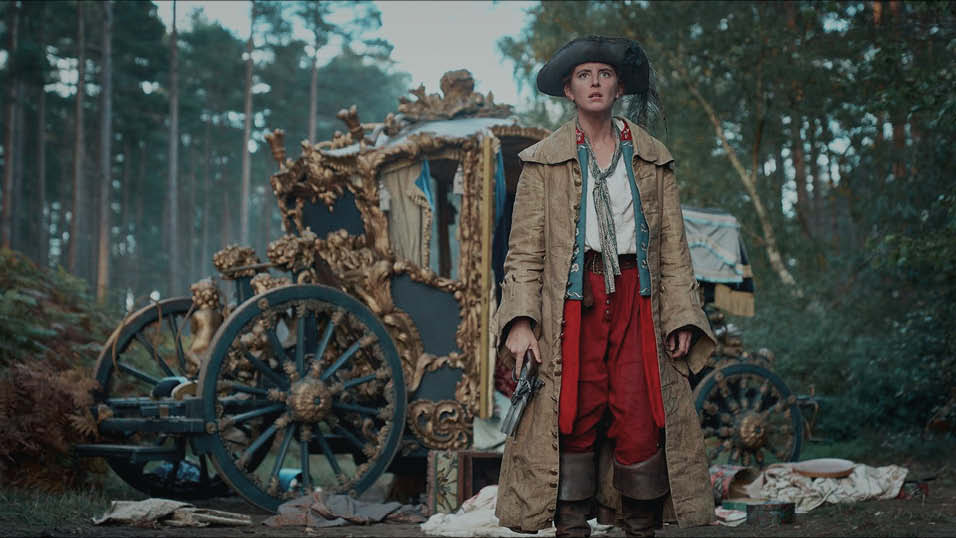 Britain’s Got Talent executive producer Amelia Brown on the art of producing ITV’s Britain’s Got Talent.
Britain’s Got Talent executive producer Amelia Brown on the art of producing ITV’s Britain’s Got Talent.
"We start with casting. The casting team are key and each year the team gets bigger. Casting gets harder and harder.
The key thing you don’t want to lose from BGT is undiscovered talent – and undiscovered talent is hard to find. In the earlier series, people turned up for television shows in their masses and queued up. Now, people still want to audition but they just need a little bit more encouragement.
We go to them more these days. We used to do a few days of producers’ auditions in Manchester and London, but we now have lots of smaller days in smaller towns.
It becomes a bit of a numbers game to ensure you have enough great auditions. We will see about 300 acts during the judges’ auditions, but only a proportion of those will make it to air.
A love of the show is the key skillset and personality trait that I look for in everybody who works on BGT. It sounds simple, but you would be amazed at how many people come in for interview and haven’t watched the show. It drives me bonkers.
We try to bring staff up through the ranks. People quickly become very highly qualified on BGT. You pre-record, you film live, you do live shows, you do the edit – so it sort of ticks every telly box in one show. So you then want to nurture the staff and want them to stay – they become very key to the show in the following years.
About 250-300 people work on the show if you count everybody from myself to researchers, lighting, rigging, editors, and producers. There’s about 30 in the key editorial team, and 30 in the edit.
The biggest challenge during filming is that all the acts have different requirements. A magic act may have fire or want to hang from the rafters, whereas a dog needs to have licences and may not like the lights, and then you have a kids’ choir who come with all the licensing requirements you have with children. Each act has its own set of rules. There is a researcher role called the fixer and that is exactly what they will do all day.
The audition shows take place over 10 or 11 days. We are there from about 4pm for the matinee performance and then there’s an evening performance. There are two different audiences.
My motto, which drives everyone mad, is I want options when it comes to the edit. The team film from 8-9am until midnight. We tend to film everything that moves at all times. There is definitely a few thousand hours of footage to get through.
The edit begins as we start filming. We have a marvellous system called the Montage Project and a whole edit system now where we pull together everything and organise it.
It is all about labelling. You have to be quite thorough and anal about labelling. Every contestant will have a list of every checkpoint that gets filmed – their arrival, their audition, their interview, their secondary interview, their leaving shot. And all that needs to go into a bin and needs to get organised. That is your starting block. If it is not organised straight out of the blocks, then you have got a problem.
We grade the acts we like most as we go along. So we will give everyone a grade from A to C. I write notes on what I like about them, and what I don’t like about them. Those notes and the series producer’s notes get used in the edit.
We then rough cut the stories, and from that decide who we want to go in which show and then start posting the shows together in the edit.
The edit is my favourite bit. It is where it comes to life. I think we have got the best editors in the business.
Organisation is key. Then it becomes about the producers; I bang on about this a lot but they need to watch everything. It’s difficult because we film so much. But woe betide if we get to a point and I ask a question about whether something is there – and they don’t know the answer. Because for me the devil is in the detail – you will find bits of reality that we filmed with a contestant where they are far more relaxed chatting to their mum that will show their personality much more than an interview question with a producer. All those little pieces are the gems now, and is how the edit has changed over the past six years. Those bits can make or break a story.
This show is run by WhatsApp. It is a great way for monitoring stories. We set up all the producers, the series producers and myself on a WhatsApp group. It helps us to keep up with changes, and means that everyone has got the information at the same time and knows what is happening. If something happens at the judging desk – say Simon is in bad mood or Alesha has said no to a load of kids – that is something we need to pick up on so it will go on the WhatsApp group.
You have to have a love of people and a love of storytelling. It sounds a bit vague, but if you don’t have those two things then you are on the wrong show.
Your management skills need to be good. The team is massive. Everyone works very long hours, they are on their feet a lot and they spend a lot of time together because we’re away. So keeping the team happy is key.
It is a massive show but you don’t want any member of the team to feel like they are just a cog in a machine. Everyone needs to know that their role is important, because if someone doesn’t do well in their jobs then everything does fall in like a house of cards.
The thing that keeps me awake at night is worrying that we don’t find new talent, thankfully 10 years in that hasn’t happened so far."
This interview is taken from an April 2016 Televisual feature on the art of producing entertainment TV shows.
Tim Dams
Share this story

















